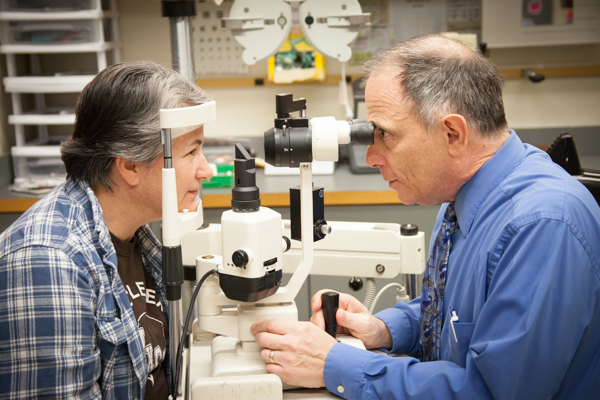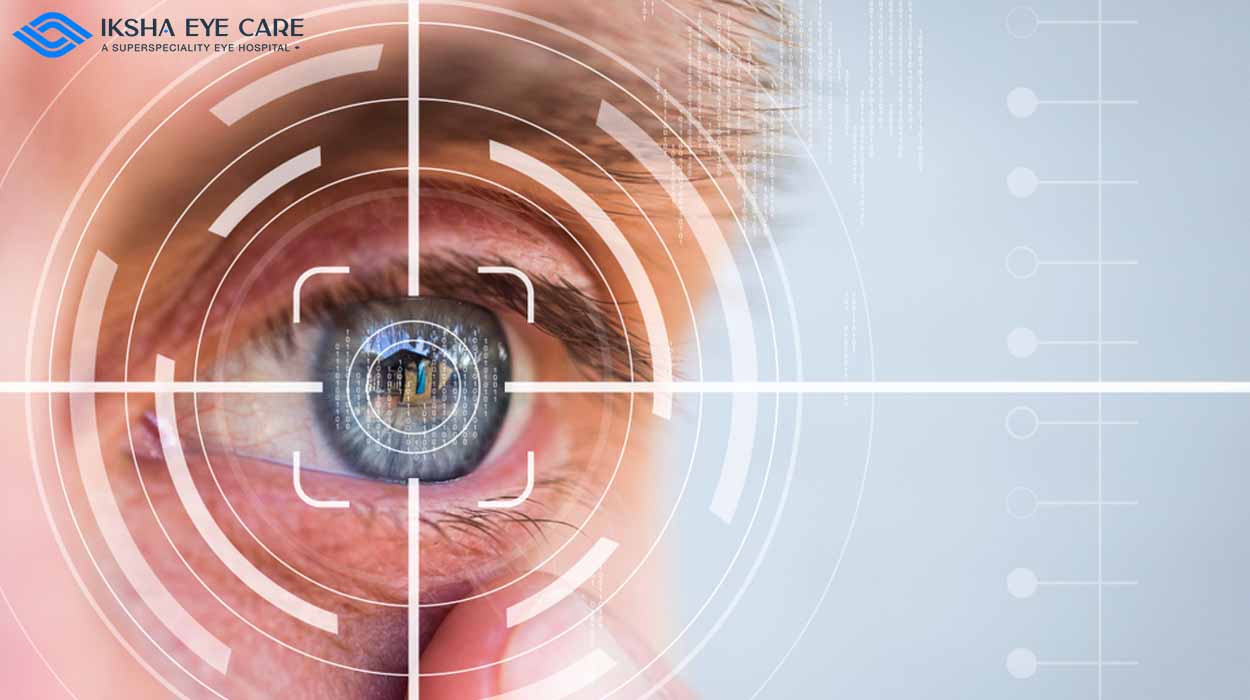Recognizing the Numerous Eye Conditions Treated by Specialized Eye Treatment Professionals
In the world of eye care, specialized professionals play an important role in diagnosing and dealing with a large range of eye conditions. From usual refractive errors that affect vision quality to age-related conditions that posture obstacles as we age, the experience of these specialists includes managing vision-threatening conditions and complex corneal conditions. The intricacies of neurological eye conditions present special challenges that demand specialized treatment. As we start this expedition of the different eye conditions dealt with by specialized eye treatment experts, it becomes obvious that the intricate internet of ocular wellness holds a myriad of fascinating insights waiting to be revealed.
Common Refractive Errors
Refractive errors are common visual problems created by a blemish in the eye's capacity to appropriately concentrate light, resulting in blurred vision. Astigmatism is characterized by an irregularly shaped cornea, resulting in distorted or obscured vision at all ranges. Presbyopia is an age-related problem where the lens loses its versatility, making it hard to focus on close items.
These refractive errors can be fixed through different approaches, consisting of glasses, get in touch with lenses, or refractive surgical treatment. Eye treatment professionals play a crucial duty in identifying and taking care of refractive errors to aid individuals attain clearer vision and improve their lifestyle.
Age-Related Eye Problems
As people age, their eyes may be susceptible to a range of problems beyond refractive mistakes that can affect their vision and total ocular health and wellness. Age-related eye conditions prevail and can significantly impact the quality of life for older adults. Among the most common age-related eye problems is age-related macular deterioration (AMD), a disease that triggers main vision loss and can make activities like reading and driving difficult. refractive surgeries in al. Cataracts, an additional common problem amongst older individuals, trigger clouding of the eye's all-natural lens, bring about blurred vision. Glaucoma, defined by damages to the optic nerve, is additionally much more common with age and can cause outer vision loss or blindness if left unattended. Additionally, presbyopia, a condition where the eye's lens loses adaptability, is an all-natural component of aging and results in problem concentrating on close objects. Regular eye examinations with specialized eye treatment specialists are crucial for early detection and administration of these age-related eye problems to preserve vision and preserve ocular health and wellness as people expand older.
Vision-Threatening Diseases
Vision-threatening illness include a variety of major ocular conditions that have the prospective to substantially affect an individual's vision and general visual function. These conditions posture a threat of irreversible vision loss web otherwise immediately identified and treated by specialized eye care experts. Some typical vision-threatening diseases consist of glaucoma, diabetic retinopathy, age-related macular degeneration (AMD), and retinal detachment.
Glaucoma is a group of eye problems that harm the optic nerve, usually Full Report due to high intraocular pressure, leading to outer vision loss and potential loss of sight if left neglected. AMD is a modern problem influencing the macula, leading to central vision loss.
Very early discovery, routine eye examinations, and prompt intervention are important in managing vision-threatening conditions to maintain eyesight and preserve quality of life. Specialized eye care experts play a crucial duty in diagnosing, treating, and taking care of these conditions to stop permanent vision loss.

Corneal Problems
Corneal disorders encompass a spectrum of conditions that influence the transparent front part of the eye, called the cornea. These problems can result in pain, aesthetic disturbances, and in extreme cases, vision loss. One usual corneal disorder is keratoconus, where the cornea thins and protrudes exterior into a cone shape, creating astigmatism and blurred vision. Corneal dystrophies, such as Fuchs' dystrophy, result in progressive vision loss because of unusual down payments in the cornea. Corneal abrasions, often brought on by injury or international things, can cause pain, soreness, and level of sensitivity to light. In addition, infections like keratitis can irritate the cornea, potentially resulting in scarring and vision impairment if not immediately dealt with. Therapy for corneal disorders varies depending on the specific condition but might include medications, contact lenses, or in serious cases, corneal transplants. Normal eye exams are vital for very early discovery and management of corneal problems to protect vision and eye health and wellness.
Neurological Eye Problems
Neurological eye problems entail disorders that influence the link in between the eyes and the mind, affecting visual handling and general eye function. These conditions can show up in different means, impacting vision, eye activities, and even the coordination in between the eyes. One common neurological eye problem is optic neuritis, defined by inflammation of the optic nerve bring about vision loss, shade desaturation, and discomfort with eye motion.
One more considerable condition is nystagmus, where the eyes make recurring, uncontrolled activities, affecting aesthetic skill and deepness perception. Additionally, problems like amblyopia, typically described as "careless eye," arise from irregular aesthetic development in very early childhood, bring about minimized vision in one eye.
Neurological eye conditions call for specific care from professionals like neuro-ophthalmologists that have experience in both neurology and ophthalmology. Medical diagnosis usually entails a thorough eye assessment, imaging research studies, and collaboration with neurologists to attend to the underlying neurological issues influencing the aesthetic have a peek at these guys system. Treatment techniques can include drug, vision therapy, or in serious instances, surgical treatments to manage these complicated conditions efficiently.

Verdict
In final thought, specialized eye care experts deal with a wide variety of eye problems, including usual refractive mistakes, age-related eye problems, vision-threatening illness, corneal conditions, and neurological eye conditions - refractive surgeries in al. By recognizing these different conditions and looking for ideal treatment from eye treatment specialists, people can keep optimal eye health and vision. It is important to prioritize regular eye evaluations and adhere to suggested therapy plans to protect and safeguard one's vision for the future